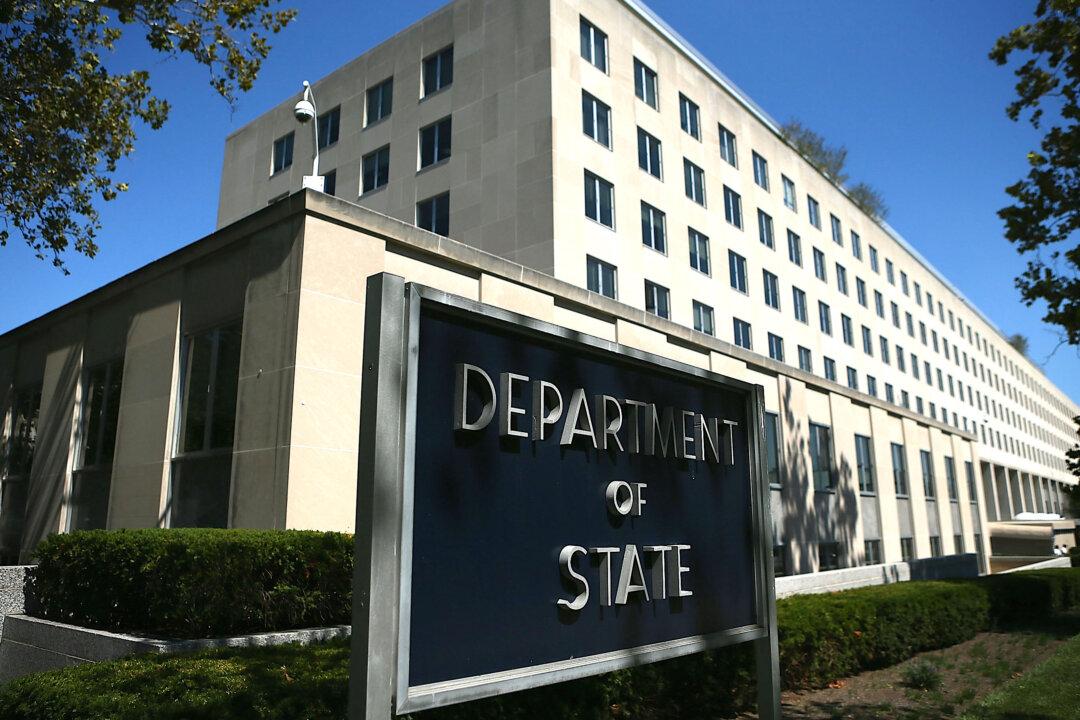U.S. taxpayer funds have been funneled to a British group that wants to block money from conservative media outlets.
State Department-backed entities have funded the London-based Global Disinformation Index (GDI) with the aim of “defunding disinformation.”





